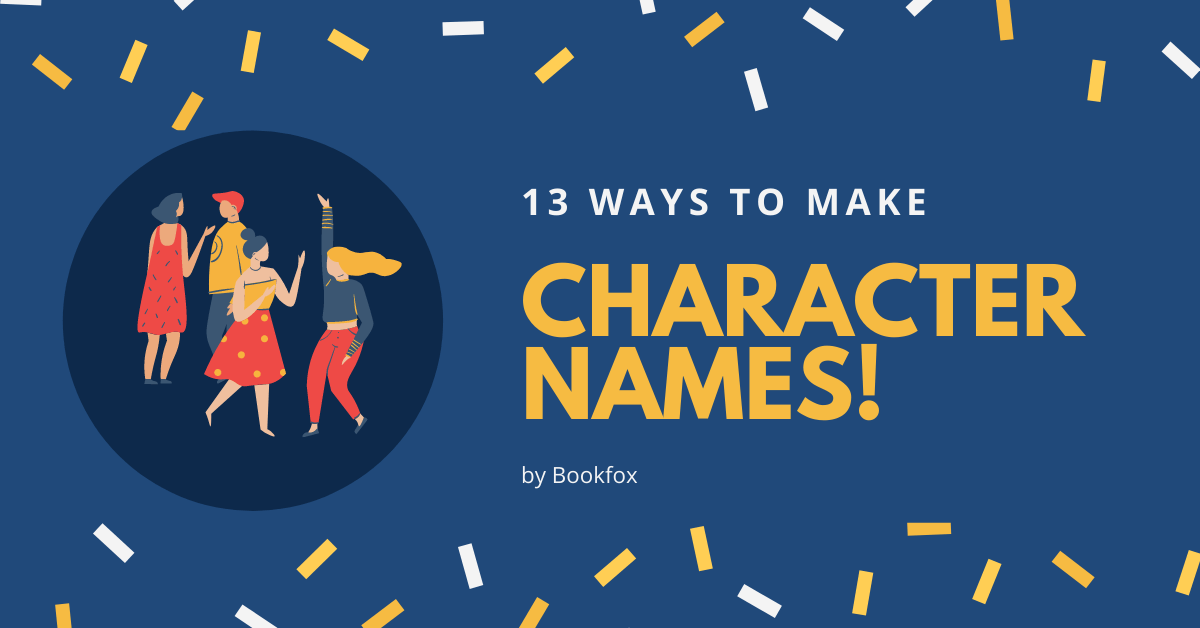
Most people have trouble coming up with cool character names, which is why some kids end up with names like Vagena (true story) or Gaylord (Gaylord Focker is truly the worst name ever).
But for fiction writers it’s harder because you have to come up with a dozen or so character names for every single story or novel.
By reading the naming strategies below you’ll certainly pick up useful skills in creating cool character names.
1. Pick a One Word Name
Musicians have long known that a single name can be more memorable than a full name.
Cher. Bono. Eminem. Adele. Drake. Enya. Moby. Pink. Usher.
None of those are traditional names you’d find in the baby directory. If you’re going for a single name, you’ve got to get creative. Play with the sound of vowels and consonants. Mash together unlike letters. Include rare letters like Z and X.
And authors have used this technique, too. Here are my favorites.
Dim from Clockwork Orange. Not only is it a single word, it also describes him admirably.
O from The Story of O, which gets bonus points because not only is it one word, it’s only one letter. Extra bonus points because that one letter is a metaphor for a sexual organ (The Story of O is the original 50 Shades of Gray, folks).
2. Go Wild With Humor
Thomas Pynchon is the king in this category: Tyrone Slothrop. Mike Fallopian. Zepho Bark. Pig Bodine. Bigfoot Bjornsen. In fact, there are whole websites and books devoted solely to analyzing all Pynchon’s fictional names.
David Foster Wallace is no slouch when it came to generating hilarious, wild names. Mo Cheery. Todd Possalthwaite. Hal Incandenza. I love the combination of the normal first name with the second imaginative one.
P.G. Woodhouse, the king of British humor in the 20th century, has some doozies as well: Gussie Fink-Nottle. Catsmeat Potter-Pirbright. Tuppy Glossop. I just want to snort.
And we have to include Don Delillo’s best contribution for this category: Bucky Wunderlick.
3. Make the Name Match
Charles Dickens leads the league in this type of wordplay:
- Murdstone: An abusive step-father (with a name like that, could he possibly be a hero?)
- Stryver: Could you imagine this character as anything other than a hard worker?
- Slyme: You get three guesses whether this is a villain, although you’ll only need one.
Or if you want a more modern example, think of J.K. Rowling:
- Draco Malfoy: such an nefarious, evil-sounding name. Draco, the Latin word for Dragon, and Mal meaning bad or malfeasance.
- Luna Lovegood. Such a sweetheart. And alliterative to boot, with those lovely Ls. But Luna, meaning lunar or moon, lets you know she’s a little wacky, too.
- Voldemort. Yeah, pretty much the incarnation of evil-sounding. Mort meaning death, and Vold sounding like mold.
4. Reverse the First and Last Name
I was just reading Doug Worgul’s Thin Blue Smoke and there’s a character named Ferguson. “Is that your first name or your last,” a little girl asks him. His first, oddly enough. Turns out his full name is Ferguson Glen. A first name for a last name, and a last name for a first name. It’s a great reversal which makes his name memorable.
It’s that kind of logic which a name generator can’t come up with. The name generator will always give you last-name-sounding last names, but to be unique, you have to use more of the naming strategies below to make sure you’re creating cool character names.
5. Repeat. Repeat. Repeat.
One of the best names of all time is Major Major Major Major in Joseph Heller’s Catch-22. That’s right. Four Majors in a row. It’s an ongoing gag in Catch-22, and it still makes me laugh even halfway through the book.
And who could forget Humbert Humbert in Nabokov’s Lolita? The repetition of his name makes him laughable, a true example of how he’s worthy of mockery.
And I apologize for going super high brow to super low brow, but Jar Jar Binks. Richie Rich. Rin Tin Tin. Woody Woodpecker.
You want real life examples? Oh boy, do I have them. Honey Boo Boo is yet another example. Would anyone watch a show about Honey Boo? Flavor Flav would be another off the wall example (I apologize if you remember Flavor Flav). Marky Mark is a good example, too (and my wife still drools over him).
If you’re trying to name characters in your novel, I’d suggest reading my extensive post on writing your first novel: “12 Steps to Writing a Bestseller.”
It will give you all the tips and techniques you need for your characters and plot.
6. Use Your Name
Your full name. Or just your middle name. Or a name with your initials. It offers a lovely metafictional dimension.
Are you saying that the character is you? Or are you saying that the character has something in common with you? Or are you just subverting the divide between fiction and nonfiction? Or are you just messing with the reader?
- For instance, in Jonathan Safran Foer’s first book, the main character is named Jonathan Safran Foer.
- And in Michel Houellebecq’s novel “Platform,” he kills off a character called Michel Houellebecq.
7. Use an Anagram Generator
Pick something this character represents, like Narcissistic, or a joke phrase, like Travel King, and use an anagram generator to create a whole bunch of variations. Pick those that sound most like cool character names.
When you get rich and famous and get asked about the name, you’ll have a clever explanation in your back pocket, a kind of inside joke for people in the know.
Or if the anagram generator doesn’t work, you can look at Bookfox’s character name generator.
8. Add a Prefix or Suffix
Simply adding a prefix to your name is a great way to spice up an otherwise boring name. Let’s use my name as an example.
Lieutenant John Fox is much better than plain ole John Fox.
- Sir John Fox.
- Dr. John Fox.
- Coach John Fox.
- Officer John Fox.
- Monsignor John Fox.
- Reverend John Fox.
Or do the opposite and choose a suffix.
- John Matthew Fox III.
- John Fox Jr.
- John Fox, Ph.D.
9. Use Alliteration!
That’s a command, because you need an imperative to get your creative juices flowing. Alliteration is so obvious and yet so few people consider it when creating names.
Consider Binx Bolling in Walker Percy’s The Moviegoer. I just want to rhyme with it: Binx is a sphinx. Binx is a minx. Binx suffuses the page with New Orleans spirit.
And remember Thomas Pynchon has loads of wonderful alliterative names, like Meatball Mulligan and Bigfoot Bjornsen.
10. Give A Long Name
Minimum three names, preferably four or five. And if you can add on a prefix or suffix, all the better.
Let’s not forget Harry Potter lore. Do you remember Dumbledore’s full name? “Albus Percival Wulfric Brian Dumbledore.”
In Raymond Queneau’s The Blue Flowers there is a character named Joachim Olinde Anastase Crepinien Honorat Irenee Mederic, and whose initials spell out his first name (clever, no?).
The longest name in the Bible is Isaiah’s son “Maher-shalal-hash-baz.” I would not recommend naming your character that. But I hope it inspires you!
Benno van Archimboldi, from Roberto Bolano’s 2666. Not super long, but a full three words, and how could you not love this name? Don’t you love how much information you have about the character just from the name? This reclusive Italian author writes Nobel-worthy fiction, which you probably could have guessed just from the name alone (or at least it’s unsurprising when you hear it).
Charles Williams, who was one of the lesser known inklings along with C.S. Lewis and Tolkien, gave an impressive character name in his book War In Heaven: “Aubrey Duncan Peregrine Mary de Lisle D’Estrange, Duke of the North Ridings, Marquess of Craigmullen and Plessing, Count of the Holy Roman Empire, Knight of the Cape and Sword, and several other ridiculous fantasies.” That’s some name, and some title.
11. Hyphenate the Name
A hyphenated last name tells you a lot about a character. Either they are French or they are a woman who has adopted their husband’s last name and yet wanted to retain their own last name, which means they are of a certain social class and economic level.
Plus, it looks different on the page than everyone else’s last name, so it helps the reader to distinguish between characters, and it allows you to establish a dual-personality metaphor, a divided or split persona.
12. Make the Name Fit
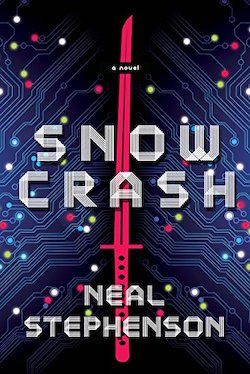
Consider Hiro Protagonist, from Neal Stephenson’s Snow Crash. If you had any doubts about who the hero or protagonist was, well …
I can just see someone giving a minor character the first name of Minor in their next novel, and then killing them off a few pages after they appear.
13. Avoid Proper Names
Cormac McCarthy, in his fantastic novel Blood Meridian, only gives titles and nicknames to characters. The two main characters in the book are referred to only by their age and by their profession: The Kid and The Judge. (Just don’t ask me what’s he a judge of).
In Jose Saramago’s book Blindness, he doesn’t give anyone names, just calls them by their professions.
- The Doctor
- The Doctor’s Wife
- Woman with Dark Glasses
- Man with Black Eyepatch.
It gives the whole novel a sense of a fable, and also makes them nameless stand-ins for all of humanity. Plus, those are pretty cool character names.
Fairytales often use this strategy, too. Brothers Grimm fairytales feature the Baker’s Daughter, the Tailor’s Apprentice, the Miller’s Son.
And here are a few more examples of cool character names, from television and elsewhere. Particularly in the case of the cigarette man, not giving him a name gives him an aura of mystery and secrecy.
- The Doctor from Doctor Who
- The cigarette smoking man from X-files
- The Time Traveller from The Time Machine by H.G. Wells
If you’d like to read more about cool character names, check out a list from The Guardian of the Worst Character Names of all time, and The Weeklings has a list of the 50 Best Character Names of all time.
Also, The Paris Review has a great article on how to name your characters.
Lastly, if you’re still stuck on how to come up with your cool character names, get this excellent resource. The Character Naming Sourcebook is a book with more than 25,000 names, including their histories and meanings, written with the author in mind.
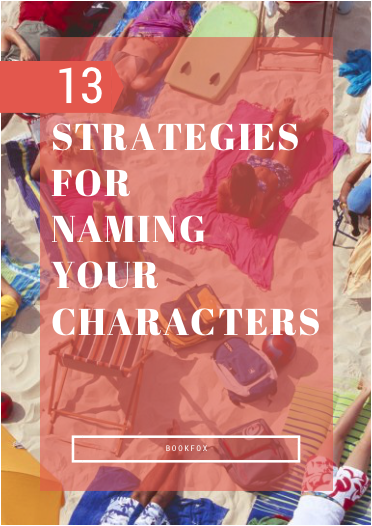


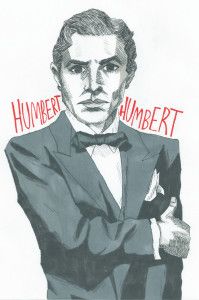
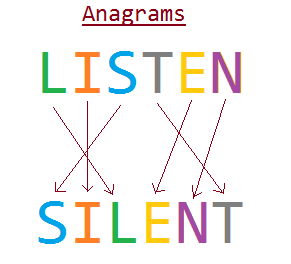
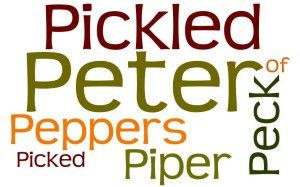

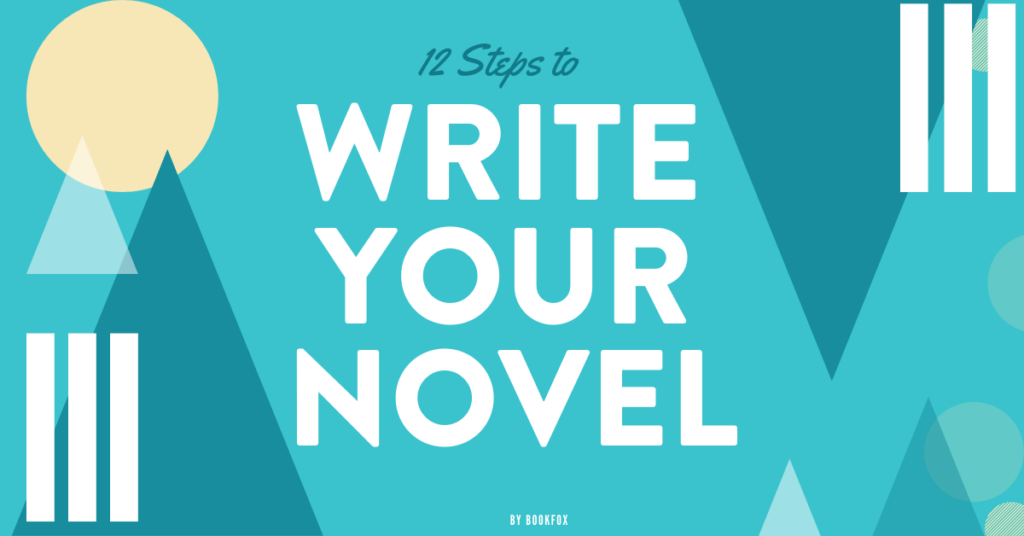
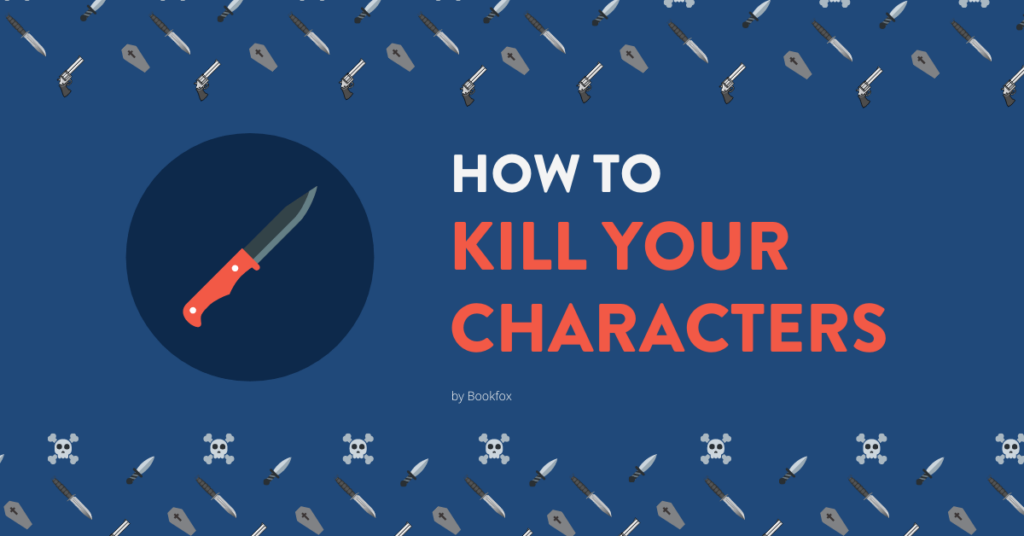

11 comments
I loved this article. It helped so much with my problems
These are some seriously helpful ideas, thanks so much BookFox! I’m really excited to use them in a short story I’m planning to write, actually based off a prompt from another page of yours.
Don’t know if you want them, but I’m quite proud of what I came up with for character names, so here are my top three, and anyone reading this feel free to use them (directly or for inspiration!):
1. Florince Adams III. (Anagram of “coin familiarised” because I’m planning to have her be some sort of amateur magician, anagram of “Alford cinemas,” her favourite place to spend time – there’ll be some sort of backstory there too, also includes the suffix thing which I thought was one of the best ideas, and it’s more striking because it’s for a girl’s name, and finally it’s FlorInce not FlorEnce because that makes it more memorable too – a less common spelling)
2. Lieutenant General Tom Connie Adams of the Royal Air Force (Tom Connie Adams is an anagram of “damnation comes,” and that’ll be part of an important line that he says. He’ll also be really pessimistic and the long name thing was included in his title because I think it makes him sound hoity-toity :))
3. Major Minor McKay of the Marine Corps (We’ve got the alliteration, another favourite method for interesting character names, the Minor person who’s killed off at the very start – awesome idea that I wanted to just take straight off, hope that’s ok, and my own addition, contradiction to make it more complex – Major and Minor right next to each other might be confusing but it makes him seem like more of an important character, if not for being himself then for his actions)
If I submit this story for a competition, do I need to reference you or this website? Again, thanks for the inspiration 😀
– Julia F.
Hi Julia, lovely ideas, thanks for sharing! So no, you don’t need the reference the website or me. Glad you were able to get some great ideas!
Hi again BookFox, I’d just like to once again say how much I love these articles and how helpful they are!
Also, I think another creative way of naming a character is to have one or more of their names be a type of animal, like Jack Sparrow (Pirates of the Carribean) or John Fox. That way, if the first name is average, like Jack, the last name will still be memorable. I came up with Takapu Skua-Fulmar as an example, from which all of the names are sea birds.
Hi,
Thanks for all the help! You gave me so many ideas!👍🏻😀😀
Cool got my name. Draco Mord Fox2
I told friends, acquaintances and total strangers that I was writing a book and asked them if I could use their unique first name (along with a phony surname); most gave oral permission. (I didn’t want to include names from my family, most of which are not “interesting”.) I then invented strong surnames, based on Chicago street names, as well as 3-5 character nicknames. I also played around with sound-alike name spellings (such as Quincy became Kwincee). I asked permission to use real names on the theory that they might buy a copy to show their friends. (Some writers have contests and the winner’s name (first, last) becomes a minor character’s name.
Well, this did help a little for me. But it is really helpful to other people.
make me a unique name
Thanks for the advise I’m making a book for my little sister to read she’s nine and I’m eleven about to be twelve and I just got done reading Winterborne home for vengeance and valor and it inspired me to take some random characters I made from different stages of video games movies my random character isn’t ever in the movie but I like to pretend like they are and then I can mash them all up into a book for my sister
lovely tips help me alot